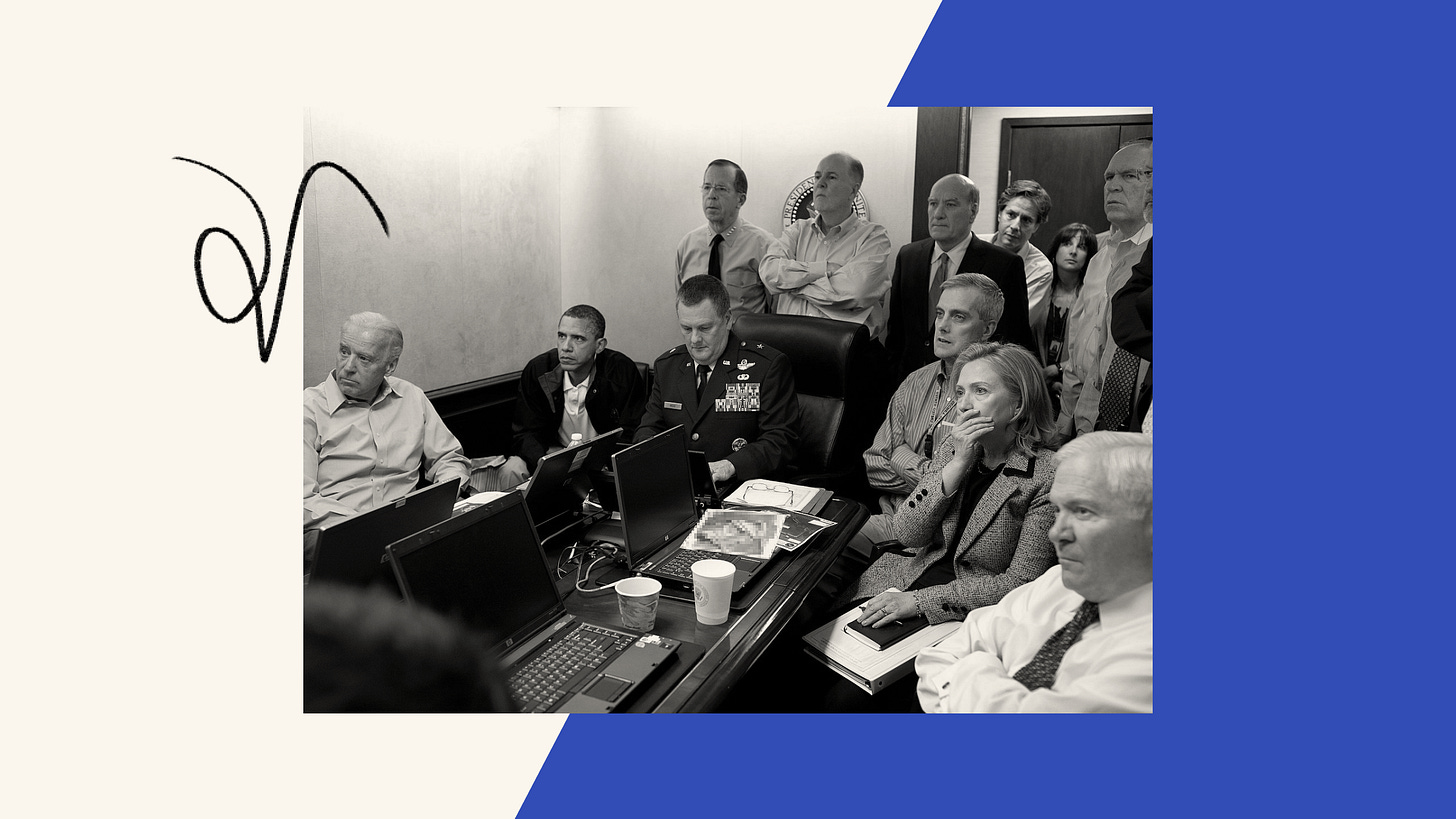Presidents don’t need criminal immunity to take bold action
National security is better served by a lawful president than a lawless one
Tomorrow the Supreme Court will hear arguments in Donald Trump’s immunity case. As I and eighteen other retired four-star generals and admirals and former secretaries of the Army, Navy and Air Force explained in a friend-of-the-court brief, Trump’s extraordinary claim of presidential immunity threatens our national security and leadership role in the world.
It is also completely unnecessary.
Former President Trump and his supporters argue that immunity from prosecution is needed to free presidents to take the “bold and unhesitating action” that may be necessary to protect the nation. They offer strawman examples of controversial actions former presidents have taken that subsequent administrations could theoretically have charged as violations of criminal law.
But this contention is ahistorical: presidents have never failed to take bold and even controversial actions for fear of criminal prosecution — from the war against Mexico in the nineteenth century, to the use of atomic weapons in World War II, to the use of drone strikes that killed American citizens and rendition and enhanced interrogation during the war on terrorism, to numerous alleged violations of the War Powers Act. In all of these cases, presidents have not hesitated to do what they thought required for our national security. They have acted consistent with their considered judgment in that moment and their understanding of what the Constitution and laws of the United States demand.
They have also never before invoked claims of immunity from prosecution.
Three compelling reasons support why presidents have never needed – and do not need – criminal immunity to take the bold actions they deem necessary to protect the nation.
First and foremost, as Americans, we give the president the benefit of the doubt and wide latitude over national security decisions. In electing the president, we understand that in matters of national security, he or she alone ultimately must weigh the cost of these decisions and then must act consistent with the presidential oath to protect and defend the nation. The president must decide grave matters of foreign policy and national security based on information no other citizens possess. These decisions may be severely criticized — as we are free to do in our country — but the sanction of criminal law has never once been sought for exercising the mantle of presidential leadership.
Second, a successful prosecution would be almost impossible to bring about. And for good reasons: presidents make decisions with the advice of expert counselors and lawyers, including in the White House, the Department of Justice, and intelligence and defense agencies. Those channels provide for legal scrutiny of the president’s proposed actions. Even when there are gray areas, these processes provide assurances of good-faith intent to follow the law. If a prosecutor were to review the legality of a past presidential decision, these internal reviews would furnish powerful evidence countering allegations that clearly criminal acts were knowingly and intentionally committed. Indeed, at the charging stage after a thorough investigation, any responsible prosecutor would likely conclude no such charges should be brought.
And third, newly elected presidents in successor administrations well know the short window in which they have the greatest opportunity to enact their legislative platform. From a practical perspective, incoming administrations don’t have the time or political capital to waste pursuing hard-to-make cases that their predecessors’ toughest good-faith decisions somehow violated criminal laws. To do so — regardless of the procedural safeguards — would be to initiate a divisive prosecution that risks alienating at least half the nation, dividing the Congress and handing the party that lost the White House a cudgel for attack. The wisest course for every administration has been to let history be the judge of its predecessors.
The current circumstances that drive the former president’s petition for immunity from the laws that govern every other American have nothing to do with making tough calls to advance the national interest. A president who acts for his own personal gain, contrary to the advice of lawyers in the White House and his attorney general who told him he’d lost the election, cannot avoid responsibility for his actions by drawing comparisons to past presidents’ decisions in war time.
This is particularly the case when the charges, as here, involve attempting to subvert an election and undermining our constitutionally specified process for determining and counting the votes of presidential electors.
The Supreme Court should reject former president Trump’s claim of immunity from criminal prosecution because it is unnecessary and lacks any foundation in the nation’s history and tradition of the responsible exercise of presidential power. And they should reject it because a grant of immunity in this case would have severe consequences for the future of our democracy. It would threaten our national security, as our brief explains, incentivizing future presidents to issue plainly unlawful orders to the military and to other powerful federal agencies such the Department of Justice, politicizing and undermining the important roles they play in our constitutional order.
The Court should not upset that order by finding the president is not subject to the very laws he swears to faithfully execute.




